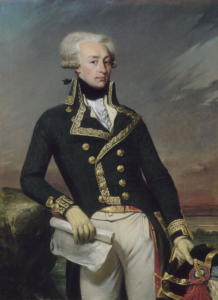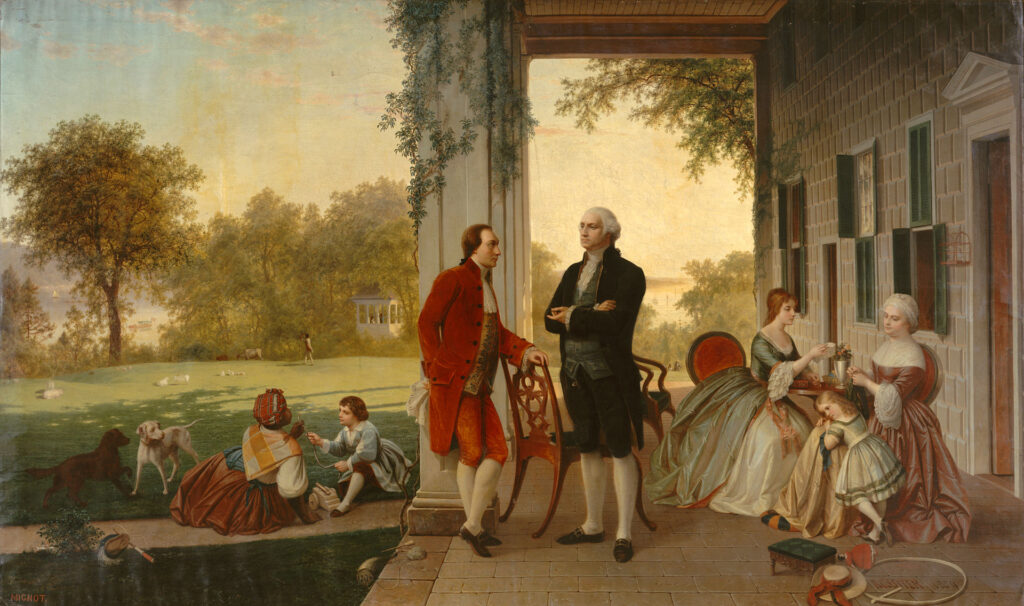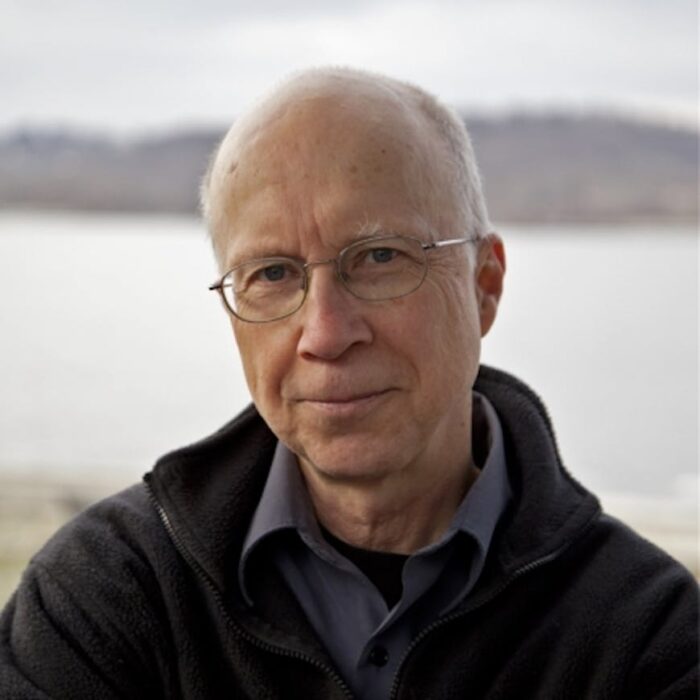by Jack Kelly
On the Fourth of July 1825, Gilbert du Motier, known universally as Lafayette, lifted a small boy and kissed him on the cheek. The aging general was in Brooklyn, New York, to lay the cornerstone of a library for young apprentices. He had come to America at the invitation of President James Monroe as the Nation’s Guest.

The country was preparing for its jubilee, the fiftieth anniversary of the Declaration of Independence. Lafayette was the last major general of the Revolutionary War still alive. An era was passing into history. George Washington had been gone for a quarter century. Thomas Jefferson and John Adams would be dead a year later—by a strange coincidence, both would expire on the Fourth of July.
Lafayette had first come over from France early in the Revolution. Only nineteen years old, he was one of the idealistic Europeans drawn to the exciting events unfolding in the New World. Both his parents having died and left large estates, Lafayette was one of the richest men in France. To curry favor with him, Congress honored him with a commission as a major general in the Continental Army.
Surprisingly, the slight teenager proved a skilled soldier. He was wounded in the 1777 fight for Philadelphia. He provided valuable assistance by encouraging the flow of French money and supplies to the infant United States. Later, he led the troops who helped trap the British army at Yorktown during the final campaign of the war.
After the American Revolution, Lafayette returned to France to pursue the cause of liberty in his own country. Three days before the storming of the Bastille, he presented to the National Assembly his Declaration of the Rights of Man and of the Citizen, which he had written with the help of Thomas Jefferson. He declared the sovereignty of the people and the primacy of human rights.
As a force for moderation in the ensuing upheavals, Lafayette came into conflict with both the supporters of the king and the radical Jacobins. He was forced to flee, captured by Austrian royalists, and confined in a dungeon for five years.
Lafayette began his tour of the United States in August 1824. He spent more than a year visiting every one of the twenty-four states. In his youth he had been a particular favorite of George Washington, who looked on him as a son. Now he visited the crypt where George and Martha were buried. When he emerged, his face was wet with tears.

He attended innumerable commemorations, where he greeted by name those soldiers he had led into battle decades earlier. They were now, like him, old men. He visited Niagara Falls, took one of the first rides on the Erie Canal, dedicated a monument at Bunker Hill, and gave Jefferson a last hug at Monticello.
The little boy whom Lafayette kissed in Brooklyn on the Fourth was named Walt Whitman. When he grew up to become the nation’s premier poet, Whitman would write:
I understand the large hearts of heroes,
The courage of present times and all times.
The poet was reflecting the view of many Americans. Those heroes of the revolutionary generation, for all their mistakes and miscues, their failings and foibles, had embraced a cause far greater than themselves. They had shown that they had large hearts.
On September 6, 1825, Lafayette celebrated his sixty-eighth birthday at the White House. The Revolution had been an affair of youth. The soldiers had fought with the intensity of youth. They had taken the risks that come easily to the young, had seen with the clarity of youth, had dreamed the dreams of youth. They had beheld the phantasmagoria of possibilities that is visible only to the young. They had persevered. They had won.
The next day, Lafayette, the youngest of all the officers, prepared to take his leave. A dazzling sun shone on the crowd that lined the route to a wharf along the Potomac. Under the portico of the house now occupied by John Quincy Adams, the president spoke the nation’s farewell.
“You alone survive,” Adams told the aging warrior. You alone—Lafayette was almost too moved to utter a word. He blessed his adopted country and embraced its president. Both men wept.
Twenty-four cannon fired salutes, signaling the time for departure. Lafayette climbed into a carriage. Children perched on shoulders to watch him pass. The crowd of spectators at the river front, a newspaper reported, “remained in the most profound silence.”
The deep significance of the moment, of the Revolution and those who had fought for it, of the men and women who had accomplished extraordinary things, of the debt owed, of the fleeting nature of history, of the mortality of heroes, all these ideas clenched throats, watered eyes and touched with awe the crowd of watchers.
Lafayette climbed aboard a launch that would take him to the ship that would carry him home, never to return. He waved to the quiet crowd and was gone.
Originally published on Jack Kelly’s Talking to America.

Jack Kelly is a journalist, novelist, and historian, whose books include Band of Giants, which received the DAR’s History Award Medal. He has contributed to national periodicals including The Wall Street Journal and is a New York Foundation for the Arts fellow. He has appeared on The History Channel and been interviewed on National Public Radio. He grew up in a town in the canal corridor adjacent to Palmyra, Joseph Smith’s home. He lives in New York’s Hudson Valley.

